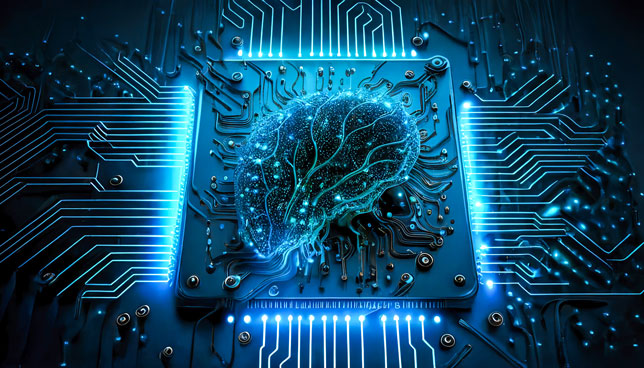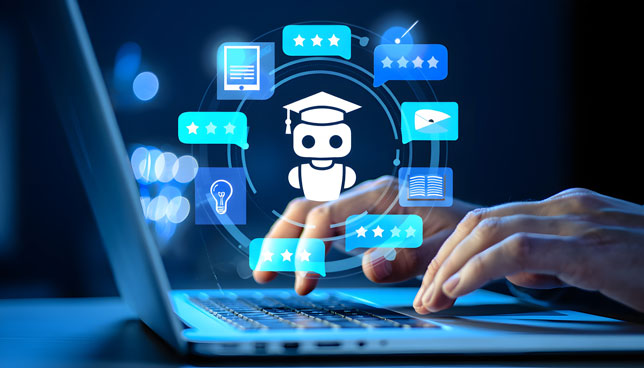
In an open call last month, we asked education-serving industry leaders to weigh in on how AI and ed tech will impact schools and districts in the coming year. Here's what they told us.

Microsoft has introduced Elevate for Educators, a new program designed to "provide educators and school leaders with access to a global community, professional development, and resources to confidently integrate AI into teaching and learning."

AI's value depends on the educators and leaders who wield it with intention and a commitment to equity, fairness, responsibility, and balance.

Apple and Google have embarked on a multiyear partnership that will put Google's Gemini models and cloud technology at the core of the next generation of Apple Foundation Models, a move that could help Apple accelerate long-promised upgrades to Siri while handing Google a high-profile distribution win on the iPhone.

Many education institutions have a troubling gap in AI security: AI systems affecting students, including minors, deployed without adversarial testing to identify vulnerabilities before attackers or unintended behaviors cause harm.

Lumio, the learning platform from SMART Technologies, is introducing new AI enhancements to help speed lesson creation for teachers.

Data protection platform AvePoint has unveiled a command center to help organizations monitor artificial intelligence agents, addressing security risks and rising expenses as organizations deploy more automated AI tools.

Ed tech provider McGraw Hill has launched Teacher Assistant, a new generative AI-powered tool for lesson planning support, and announced the wider availability of Writing Assistant, a gen AI tool for strengthening students' writing skills.

Microsoft, Nvidia and Anthropic have forged an alliance that blends new investments with a large multiyear cloud commitment, tightening ties among three major players in artificial intelligence.

Microsoft has announced new Copilot agents and capabilities that bring deeper intelligence and automation to everyday workflows in Microsoft 365.